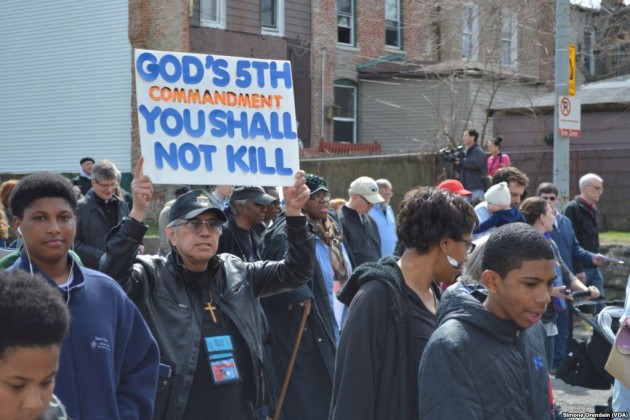The adage “money talks” will undoubtedly hold true as presidential hopefuls seek their party’s nomination in the first primary since 1928 to have open races for both political parties.
Between eight Democratic and 10 Republican candidates nearly $420 million have been raised in the mere nine months since fundraising began. Sen. Hillary Clinton, D-N.Y., is leading the money race with $90.9 million followed closely by fellow Democrat Sen. Barack Obama of Illinois who has raised $80.2 million.
Financially, the GOP pack is being led by Mitt Romney, the former governor of Massachusetts, who has amassed $62.8 million. His closet competition within his party comes from former New York mayor Rudy Giuliani with $47.2 million in donated funds.
Looking to past elections, finances have played a pivotal role on the campaign trail for both the primaries and national election. Of the 10 contested primaries since 1980, eight have been won by the best-financed candidate. Additionally, during the primaries leading up to the 2004 presidential election, President George W. Bush shelled out roughly $229.4 million compared to only $175.1 million spent by his opponent Sen. John Kerry, D-Mass.
The 2008 presidential election is expected to exceed previous spending and fundraising records due to candidates’ early announcements of their intentions to run for president coupled with the phasing out of the public funding program, which some say will be complete in 2008.
Established in 1976, the public funding program was created to address the overwhelming time commitments candidates had to put towards fundraising and the exorbitant influence wealthy contributors had on elections.
In exchange for candidates adhering to limits on contributions and expenditures for campaigns, the program “matched funds for primary candidates; gave grants to sponsor political parties’ presidential nominating conventions; and provided grants for the general election campaigns of major party nominees and partial funding for qualified minor and new party candidates,” according to the Federal Election Commission (FEC).
Congress used tax dollars to fund the program but in a more unconventional manner. Rather than appropriate a certain amount to the program, Congress left it up to the people, placing the so-called dollar tax checkoff on federal income tax forms, which asks taxpayers whether they want to give $3 to the Presidential Election Campaign Fund.
But, the program has been on its way out the door since 1996. Congress has made several failed attempts to eliminate the program and more candidates have opted to follow the trend of bypassing public funds in order to spend more and accept greater campaign donations.
For the 2008 race, Sen. John McCain, R-Ariz., and John Edwards, a former North Carolina Democratic senator and running mate of Kerry in the 2004 election, have both qualified for public funds. Edwards announced earlier in the month that he will accept $10 million in public funds, but McCain has yet to decide as spending limits could put presidential hopefuls at a disadvantage. Both are already lagging behind in their fundraising success compared to the frontrunners with Edwards at $30.2 million and McCain at $32.1 million.
“There is a growing sense that there is going to be a $100 million entry fee at the end of 2007 to be considered a serious candidate,” FEC Chairman Michael Toner told reporters in 2006.
Though the $100 million mark is almost three times more than the traditional average needed to be considered a top candidate, Toner’s prediction was not far off based on candidates’ current numbers. Other estimates have put the parties’ eventual nominees at needing to raise nearly $500 million by the Nov. 4, 2008, election if they hope to have a fighting chance. The majority of the money will be spent on media campaigns.




